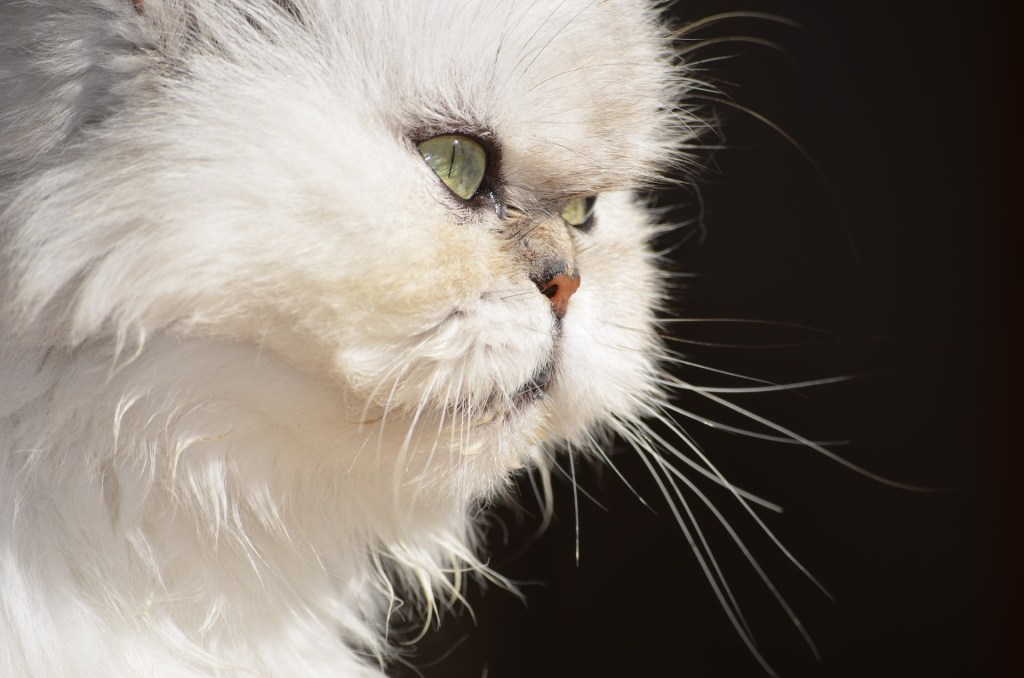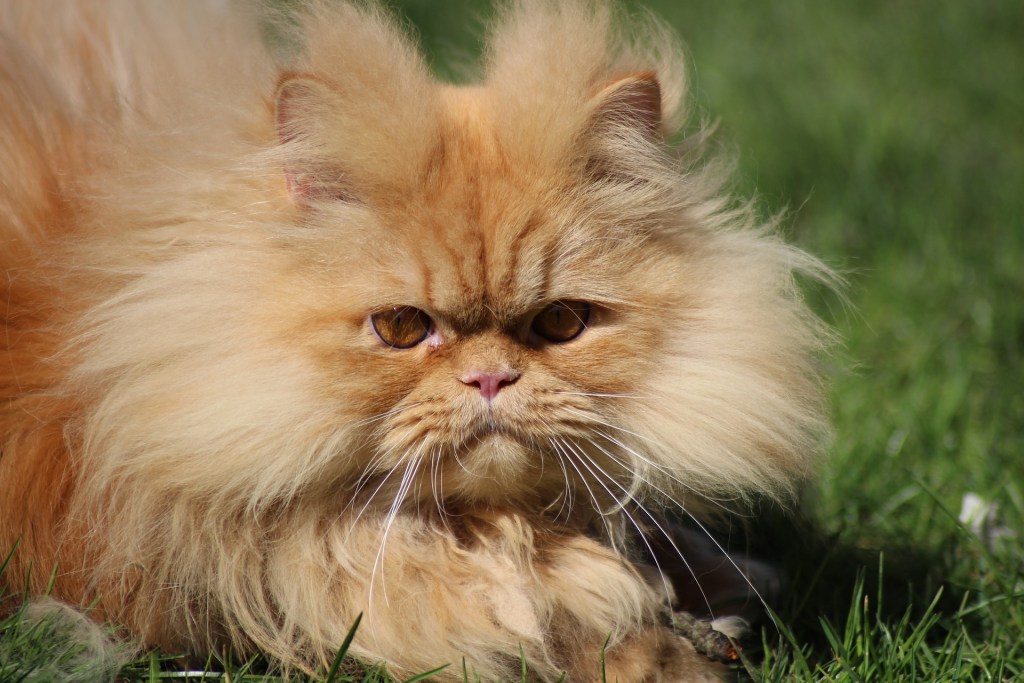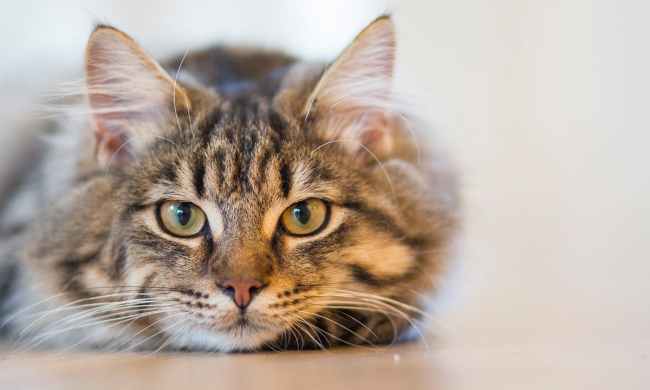With Persian cats’ long, luxurious coats and distinctive appearance, it’s easy to understand why so many people fall in love with the breed. Persians make fabulous additions to most families, and they’re smart and social, too. But before you bring home one of these cats, it’s important to familiarize yourself with common Persian cat health issues so that you’re not surprised with more care or veterinary bills than you bargained for. Many Persians live long, healthy lives, but you’ll need to be ready for their increased grooming needs and the health issues that you need to be on the lookout for.

What illnesses are Persian cats prone to?
The American Animal Hospital Association reports that research conducted by the Royal Veterinary College’s VetCompass Program and the University of Edinburgh revealed that Persian cats are at increased risk of developing several health issues. In fact, the study revealed that almost two-thirds of these cats in the United Kingdom have at least one health condition.
The study found that haircoat disorders occurred most frequently. They were followed by dental disease, overgrown nails, and eye discharge. The dental and eye problems are because Persians are a brachycephalic breed with a flat-faced head shape. Their long coats easily get tangled and matted, which contributes to the haircoat disorders.
The study also found that kidney disease and cancer were the most common causes of death in Persians.
How to keep your Persian cat healthy
Knowing that Persians are prone to certain health issues means you’ll need to take some proactive measures. PetMD notes that it’s important to spend plenty of time keeping your cat’s coat healthy. Plan to groom your cat daily, and work diligently to remove knots, mats, and debris from your Persian’s coat right away. This grooming time can add up, so make sure that you have the time to devote to this care before bringing a Persian into your home.
That long coat can make for litter box issues too, especially if your cat’s belly hair traps cat litter and carries it around. Some cats may get fussy about their litter box habits, so it may be helpful to trim your cat’s belly hair so it doesn’t catch cat litter. This is a job best left to a professional groomer.
You’ll also need to pay close attention to your cat’s face. Since your Persian’s eyes are wide apart and prominently positioned, it’s easy for him to injure his eyes or develop ulcers.
Additionally, Persians’ eye discharge can become trapped between their nose and eye, creating the look of a dirty face. You can wipe your cat’s face with cat eye wipes to help keep the area clean.
You’ll need to monitor your Persian’s eye and face health and watch for eye injuries and irritation. Look for excessive drainage, too, and call your vet right away if you notice any eye issues.
Why is the lifespan of Persian cats?
ASPCA Health Insurance reports that Persian cats can live for 15 to 20 years. Keep in mind that the quality of the care you give your Persian may affect his lifespan.

Steps to finding a healthy Persian
PetMD explains that, in addition to the health issues highlighted above, Persians can be prone to bladder, heart, kidney, and respiratory issues. There are also genetic disorders that can affect the breed.
Because Persian cats have several potential health problems, it’s important that you make an informed decision before adopting one. It’s best to thoroughly research any breeder that you’re considering. Look for a breeder who can provide great references, and make sure that they test their cats for common genetic disorders. Ask if the breeder will provide the health records for the cat that you’re interested in, and make sure that the cat doesn’t have a history of any serious health issues.
Adding a Persian cat to your family can be a rewarding, exciting experience, but it’s important to make sure that you’re ready for the work that comes with this breed. From increased grooming needs to the potential for some serious health issues, think carefully about whether a Persian is the right breed for you. You might also want to budget for some professional grooming sessions throughout the year to help keep your cat’s coat in top shape.
With the right planning and budgeting, you can bring a Persian into your home and enjoy everything that this special breed has to offer.


